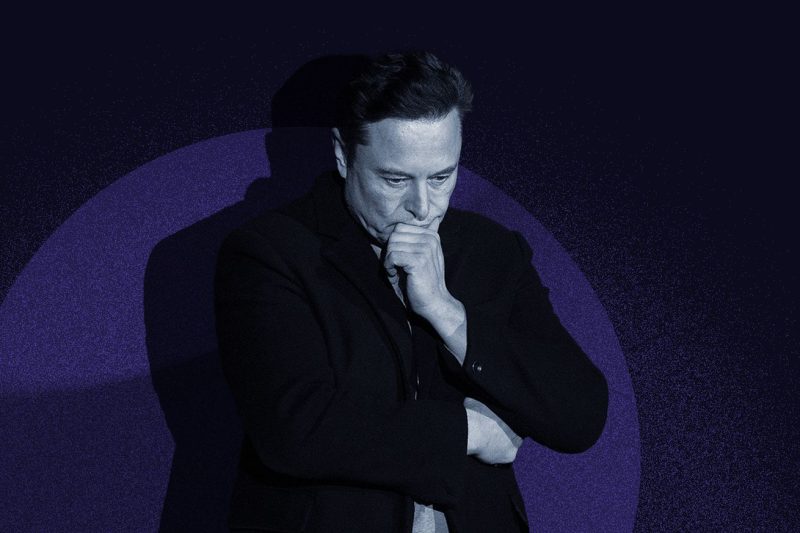Elon Musk, the visionary CEO of Tesla and SpaceX, has made headlines in recent years for his ambitious projects and futuristic ideas. Known for his innovation and drive to revolutionize industries, Musk has built a reputation as a bold and controversial figure in the business world. However, recent allegations suggest that Musk may be crossing a line by allegedly directing harassment toward individual federal workers.
The accusations stem from Musk’s ongoing battles with various regulatory agencies, including the National Highway Traffic Safety Administration (NHTSA) and the Federal Aviation Administration (FAA). Musk has clashed with these agencies over issues such as vehicle safety standards and rocket launch approvals, leading to strained relationships and legal disputes.
Critics claim that Musk has taken his disagreements with federal regulators to a new level by allegedly targeting individual federal workers for harassment. According to reports, Musk has used his platform and influence to single out specific employees, publicly disclosing their personal information and encouraging his followers to take action against them.
This behavior has sparked outrage and concern among ethics watchdogs and government officials, who fear that Musk’s actions may have a chilling effect on federal workers and undermine the regulatory process. By intimidating individual employees, Musk could be creating a hostile work environment and discouraging federal workers from carrying out their duties effectively.
It is important to note that Musk has denied these allegations and defended his actions as legitimate criticisms of government oversight. Musk has argued that his public disputes with federal regulators are part of a larger effort to hold powerful institutions accountable and promote transparency in governance.
However, critics argue that there is a fine line between holding government agencies accountable and engaging in harassment and intimidation tactics. Musk’s high-profile status and massive following give him a powerful platform to influence public opinion and shape narratives, making his actions potentially more harmful and far-reaching.
The allegations against Musk raise important questions about the responsibilities of business leaders and the limits of corporate activism. While it is essential for individuals to hold authorities accountable and advocate for change, it is equally crucial to do so ethically and responsibly, without resorting to harassment or personal attacks.
As the controversy surrounding Musk continues to unfold, it is clear that the intersection of technology, business, and government oversight is a complex and contentious landscape. By examining Musk’s actions through a critical lens and holding him to account for his behavior, we can better understand the challenges and ethical dilemmas facing influential figures in today’s society.

